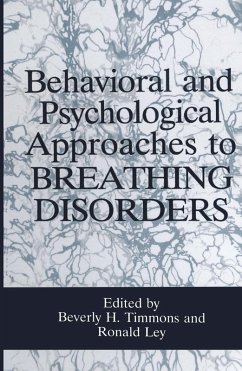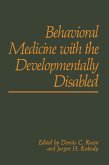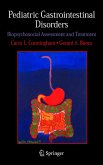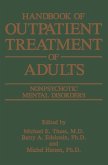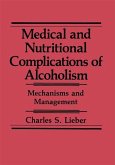We start life with a breath, and the process continues automatically for the rest of our lives. Because breathing continues on its own, without our awareness, it does not necessarily mean that it is always functioning for optimum mental and physical health. The opposite is true often. The problem with breathing is that it seems so easy and natural that we rarely give it a second thought. We breathe: we inhale, we exhale. What could be simpler? But behind that simple act lies a process that affects us profoundly. It affects the way we think and feel, the quality of what we create, and how we function in our daily life. Breathing affects our psychological and physiological states, while our psychological states affect the pattern of our breathing. For example, when anxious, we tend to hold our breath and speak at the end of inspiration in a high-pitched voice. Depressed people tend to sigh and speak at the end of expiration in a low-toned voice. A child having a temper tantrum holds his or her breath until blue in the face. Hyperven tilation causes not only anxiety but also such a variety of symptoms that patients can go from one specialty department to another until a wise clinician spots the abnormal breathing pattern and the patient is successfully trained to shift from maladaptive to normal breathing behavior.
Dieser Download kann aus rechtlichen Gründen nur mit Rechnungsadresse in A, B, BG, CY, CZ, D, DK, EW, E, FIN, F, GR, HR, H, IRL, I, LT, L, LR, M, NL, PL, P, R, S, SLO, SK ausgeliefert werden.

